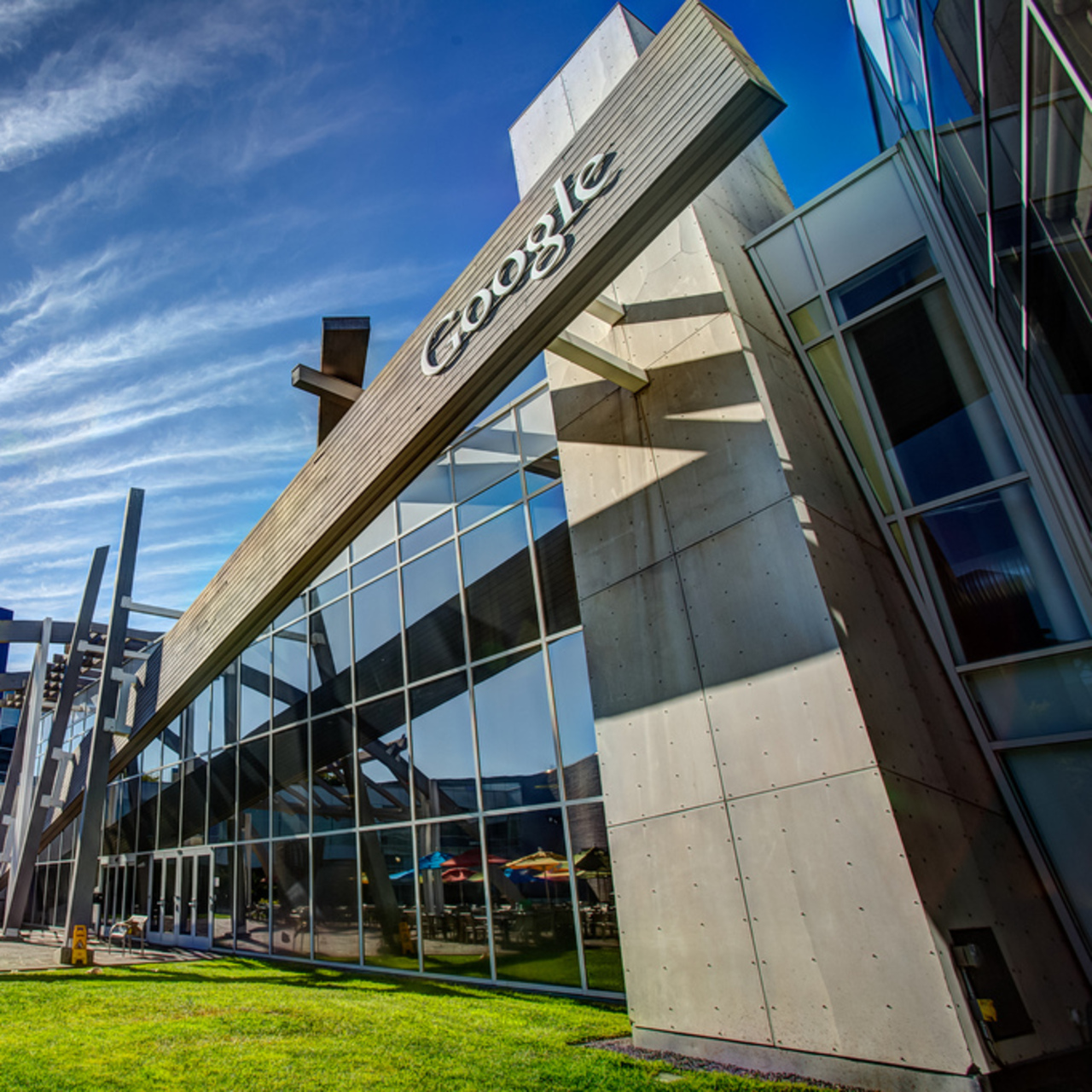Technology giant Google paid the price for its ‘gigantization’ in 2024 with penalties and lawsuits filed around the world. Finally, yesterday (December 13), the Competition Board issued an administrative fine of 2 billion 607 million 564 thousand TL to Google, on the grounds that it provided an unfair advantage to its supply side platform (SSP) service based on its dominance in the publisher ad server services market, and that this act of self-nepotism made it difficult for competitors’ activities. He imposed a fine.
HE WAS FINED 482 MILLION LIRA FOR HOTEL SEARCHES IN JUNE
The Competition Board has previously determined in 2021 that Google provides an advantage to its local search (Local Unit) and accommodation price comparison (Google Hotel Ads-GHA) services compared to its competitors in terms of location and display on the general search results page, and in this context, the company was given 296 He imposed a fine of 84 million 899 lira. Following the legal process, at the Board’s meeting dated March 21, 2024, it was decided to implement these precautionary suggestions presented by the company and monitor them for a period of 3 months. The Board imposed an administrative fine on Google for each day until new designs are implemented for the local search service for hotel queries. The fine process was completed on May 21. With the decision announced in June, Google was fined a total of 482 million liras.
EU REJECTED THE OBJECTION AND APPROVED THE 2.4 BILLION EURO FINE
In September this year, the European Court of Justice ruled against the company in the lawsuit filed by Google and Alphabet against the EU Commission’s fine. While the European Court of Justice rejected the objection of Google and Alphabet, it approved the fine of 2.4 billion Euros imposed on the grounds that the company used its dominant position in shopping recommendations to disadvantage its competitors.
HE WAS ASKED TO BE FORCED TO SELL CHROME
In August, US federal judge Amit Mehta made an important decision in the field of internet technologies, ruling that Google created an “illegal monopoly” in internet search and search advertising. Following this decision, last month the US Department of Justice asked a federal judge to force Google to sell its Chrome internet browser. In the 23-page application filed by the Ministry to the Washington DC District Court, it was argued that forcing the company to sell Chrome would create a more equal playing field for its competitors. In the application, it was stated that the decision that Google had created an “illegal monopoly” in order to compensate for the damages caused by the company required the disposal of Chrome, and it was emphasized that this would permanently stop the company’s control over search and allow rival search engines to access the browser.
CASE FROM THE US DEPARTMENT OF JUSTICE
In September, another lawsuit started in the USA in which Google was prosecuted for “monopoly” in the industry. According to the lawsuit filed by the U.S. Department of Justice and a coalition of states, Google dominates the digital ad market and uses its market power to stifle competition. While Google filed its defense in the case last month, a decision has not been announced yet.
IT MADE 237 BILLION DOLLARS OF REVENUE FROM ADVERTISING IN 2023
While Google generated $0.07 billion in advertising revenue in 2001, it has increased significantly over the past 22 years and earned $237 billion in revenue from this area last year. Google generated approximately $76 billion in advertising revenue in the United States last year, thus generating 32 percent of its total advertising revenue from the United States. The company generates the remaining 68 percent of its advertising revenue from other countries.
APPLICATION STORE DECISION FROM THE US COURT
In October, in the case heard in a federal court in San Francisco, USA, the judge announced the preliminary injunction ordering Google to lift restrictions that prevent developers from establishing rival marketplaces competing with “Google Play”. In this context, Google began to be unable to pay companies for three years starting from November 1 to launch applications only on Google Play or on Google Play first and not to compete with Google Play. In addition, it was banned from forcing app developers to use Google Play billing and was forced to include third-party Android app stores in its app store.

